President Joan Gabel announced Tuesday that the University of Minnesota has completed its review of the University of Minnesota Police Department and public safety policies, which began September 2020.
Dr. Cedric Alexander, a consultant hired by the University to create the report, and his team sorted their recommendations into eight pillars, each with its own set of suggestions for bridging the gap between UMPD and the community.
The recommendations include demilitarization of police, equipping officers with body cameras, and creating an open forum for community feedback and accountability. It also suggests implementing trauma and mental health training, and posting UMPD training content in order to engage the campus community.
The report begins by discussing the relationship between UMPD and the University community, citing “an undeniable tension between those who feel more policing is the solution and those who feel more policing is the problem.”
While UMPD has not received many complaints and use of force incidents, according to the report, its close ties with the Minneapolis Police Department following the killing of George Floyd at the hands of former MPD officers provided the university with the opportunity to think differently about policing and public safety.
“There is a strong desire to re-imagine and co-create the future of UMN campus policing philosophy and practice to ensure that ALL campus community stakeholder groups feel they are being fairly and equitably treated and policed,” the report states.
The police killing of Floyd and other Black people sparked nationwide protests over police brutality and social inequality this summer. Student activists have held demonstrations petitioning University administration to make reforms to UMPD, including disarming campus officers and establishing a community-led committee with oversight of the department.
Correction: A previous version of this story misstated the number of pillars in the report. The report’s recommendations are sorted into eight pillars.
This is a breaking news report. More information may be added as it becomes available.










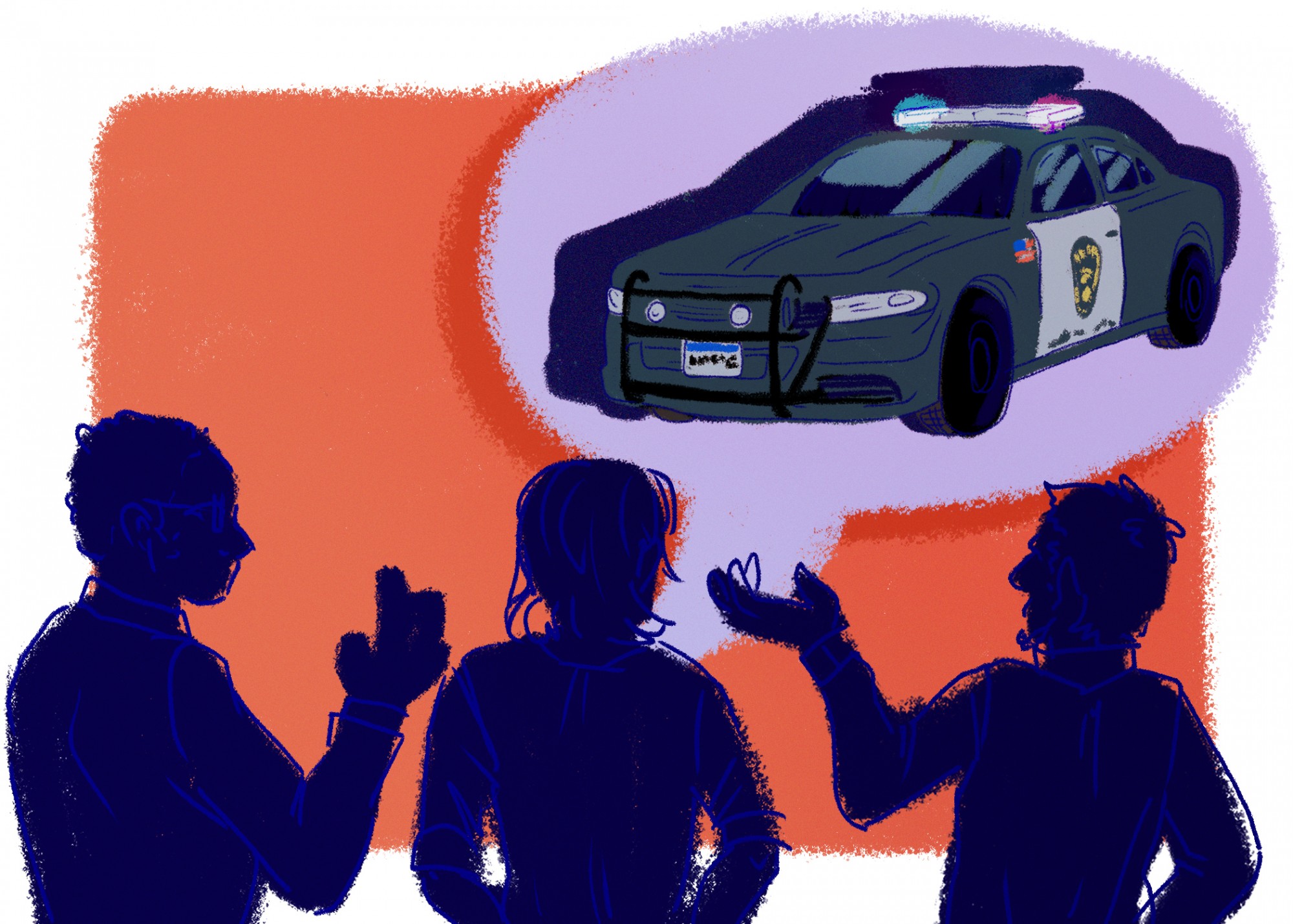
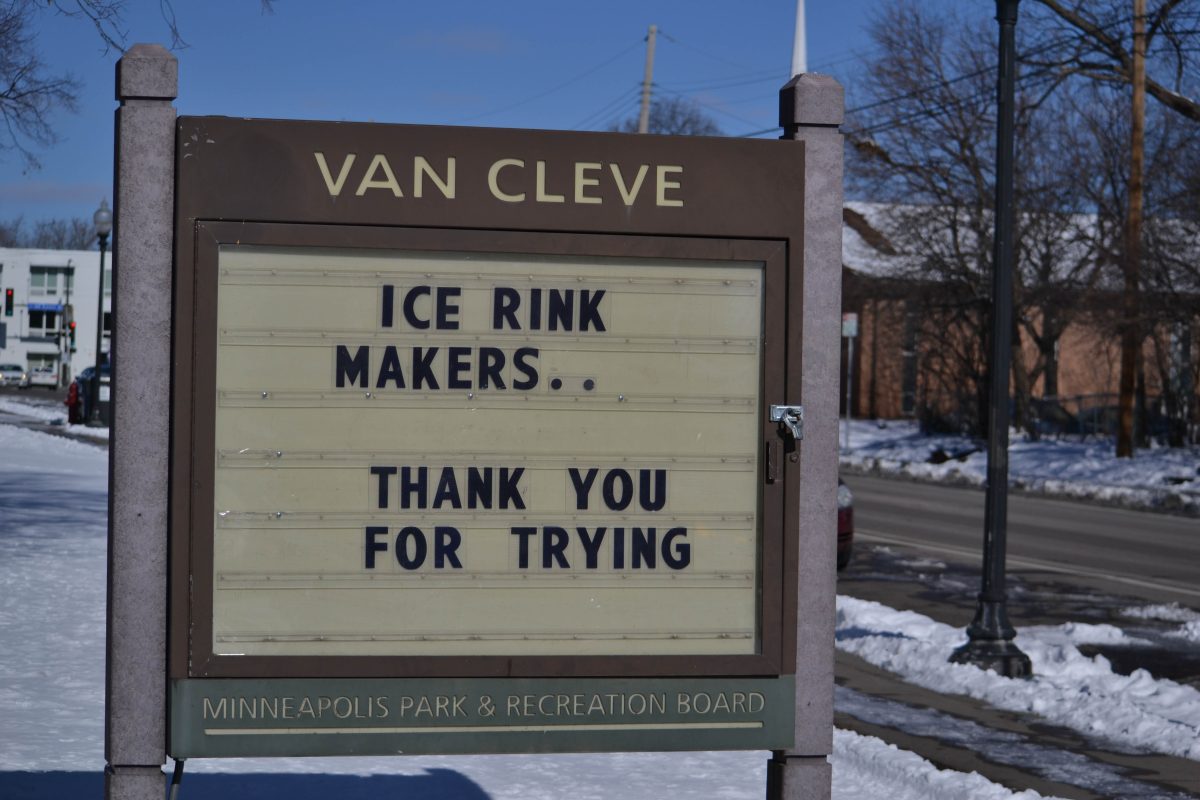
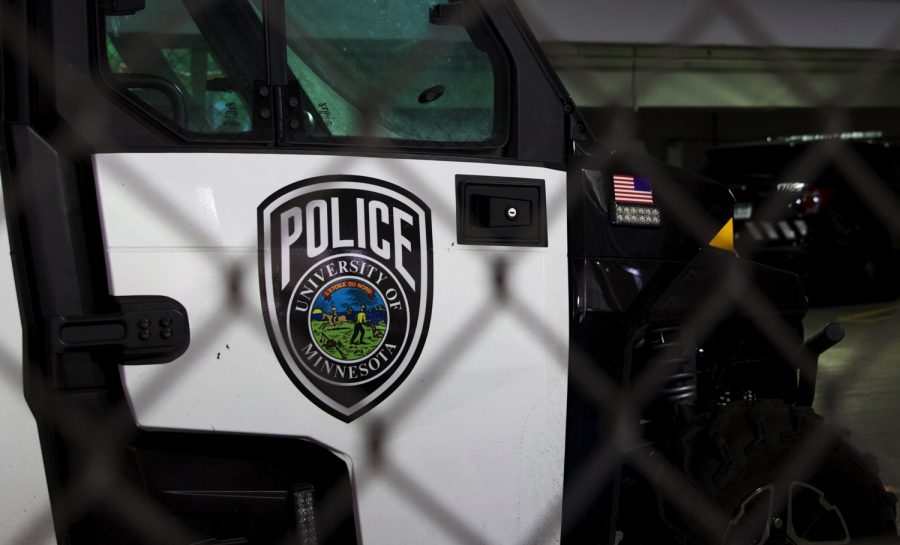

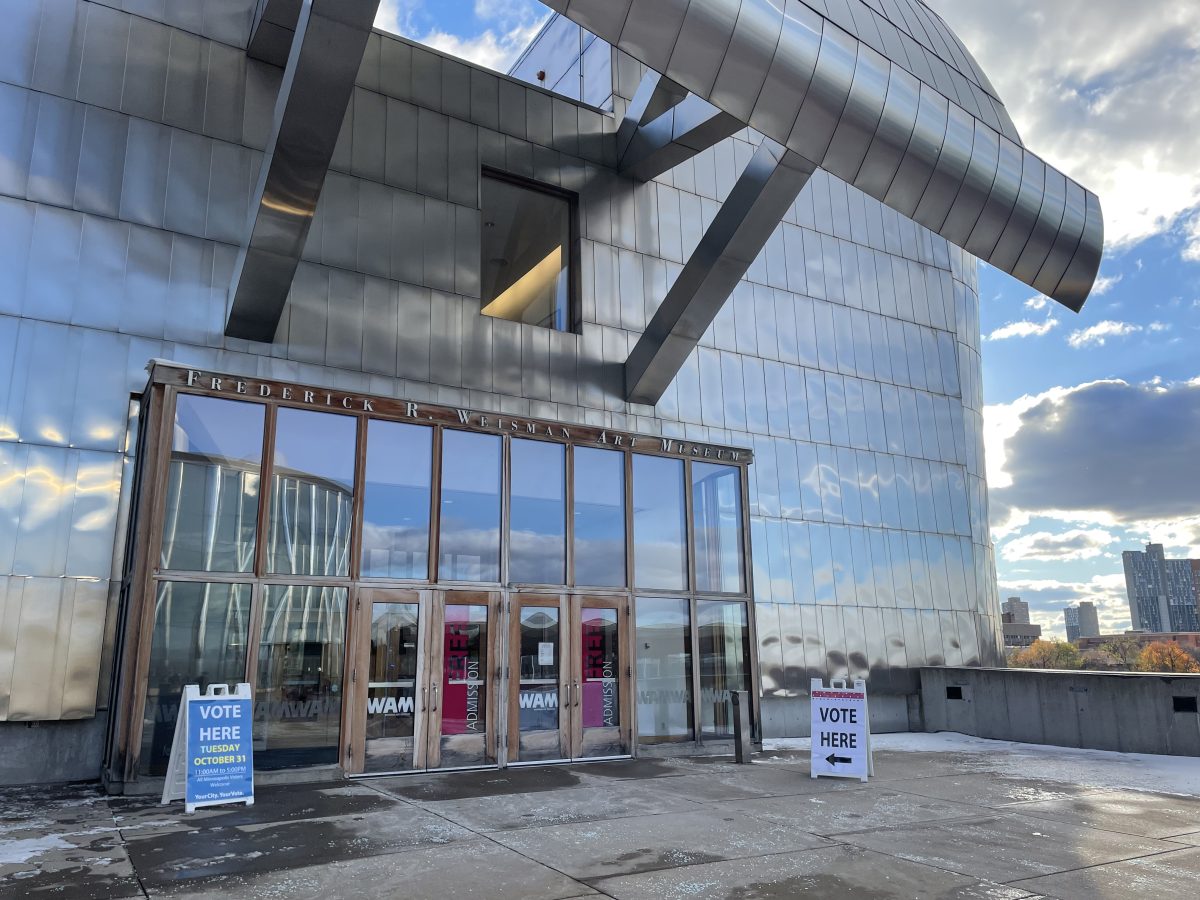
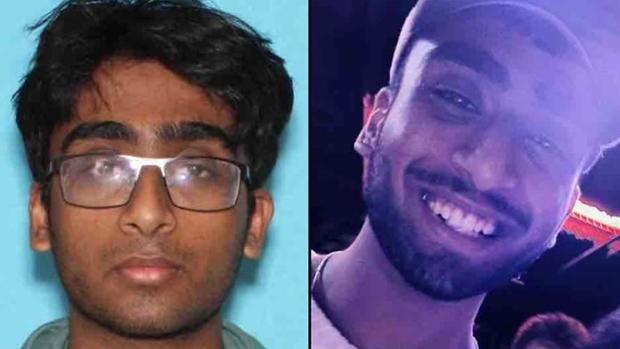




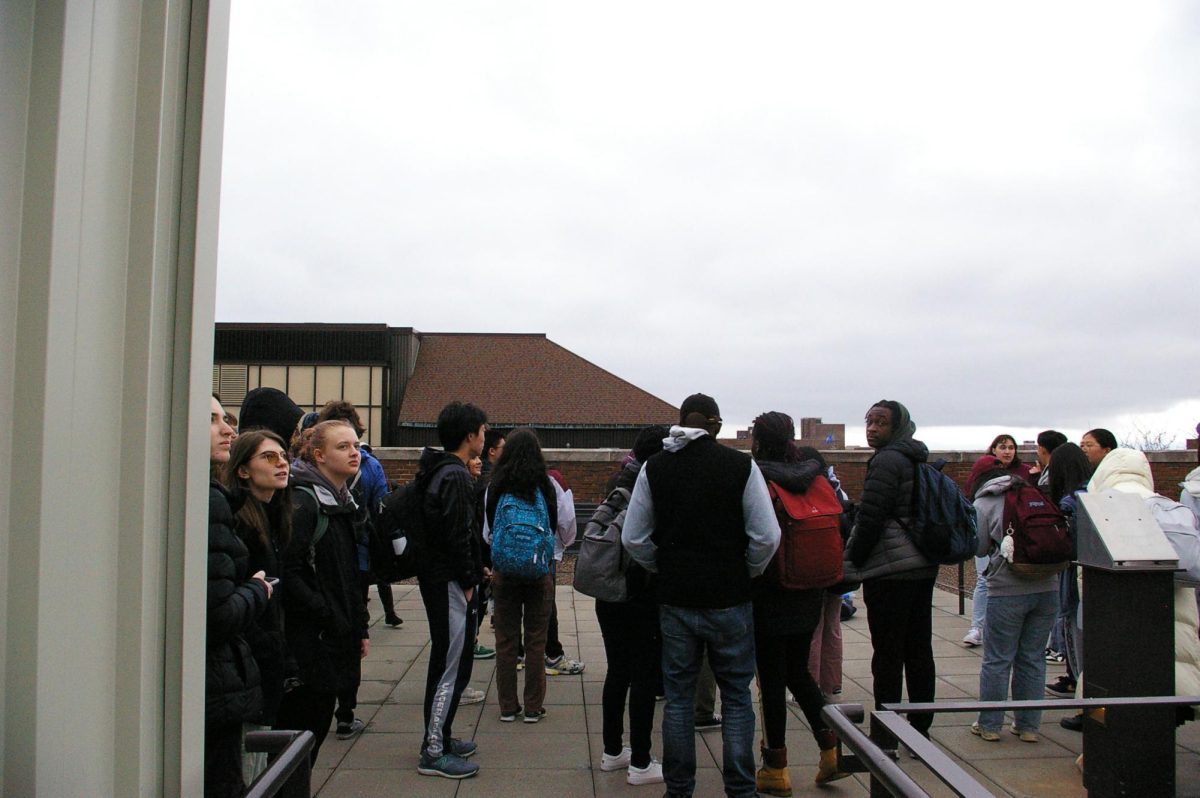
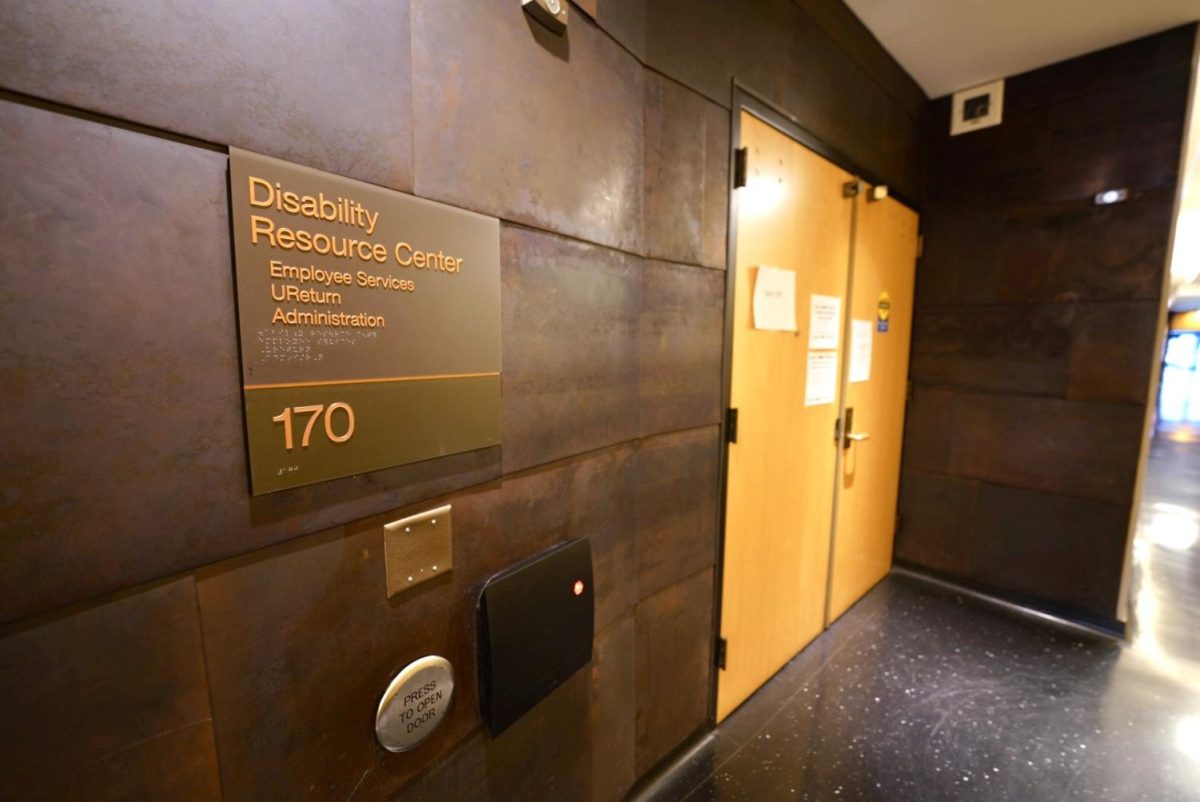






praiseinterracialmarriages
Jan 27, 2021 at 6:00 pm
The University of Minnesota Police Department has experienced many changes over the past several decades. They have hired some really fine men and women, and they have hired people whose character has been less than saintly. My experience with UMPD has been mixed with terror as well as warm conversations with top leaders and auxiliary officers. I have taken an interest in the Department for many years, given the fact that my uncle, Officer Donald C. Peterson, worked for UMPD in the 1970’s and possibly the early 1980’s, and given the fact that during my time at University of Minnesota in the 1980’s and 1990’s, they failed and refused to assist me during a two year period when I was being harassed and beaten by two students around campus and in a dormitory where I lived. One lieutenant actually told me to stop calling UMPD with my complaints. She said they wouldn’t assist me.
As a result of their cruelty and indifference, and outright refusal to investigate and arrest the two students after their brutal attacks on me for two years, given one memorable captain’s comment, “Barry, you’re mentally ill. You bring on your own problems. Therefore, UMPD will neither investigate nor arrest anyone on your behalf,” my ability to concentrate and do well on a social basis, declined. I’d been an honors student at a highly ranked private high school, and attended Hubert H. Humphrey School of Publics Affairs as a gifted 17-year old. The school is named after the dad of one of my dad’s law school friends, as is Mondale Hall named after the dad of one of my brother’s friends, and who was a neighbor down the block from me when I was a kid.
The captain’s comment was cruel and inhumane, naïve, presumptuous and ignorant. He held a view of “mentally ill people,” best saved for the dark ages and not in keeping with the demands of his job. I experienced bipolar depression — mainly depression which was defined in my life by low energy and low self-esteem. The two criminals who attacked and harassed me on campus knew of me from one of their brothers, a medical student in whom I confided my diagnosis, and given the fact that the experiences I had with dormitory and housing services personnel, who did not take a compassionate view of my struggles, had left me feeling that I had a “kick me” sign taped to the back of my shirt.
The culture and awareness of mental health conditions during that period was so backwards and abrasive toward people with the tag “mentally ill” that even the Minnesota Commissioner of Human Rights stated that the concise comment attributed to the captain was not a violation of my human and civil rights. She, in turn, also violated my rights. However, I could not afford an attorney to appeal, and my dad, a prominent attorney himself who had earlier worked as an Associate U.S. Attorney and an Associate Minnesota Attorney General, refused to take my side. I had no support, and the frustration and clinical anxiety and depression which I experienced as a result of both the beatings, harassment, and the cruelty and callous indifference by University of Minnesota police officers and executives, including the Vice President of Student Affairs and the Director of Affirmative Action, led to average to poor grades. When I studied in Europe and Latin America, however, free from abuse, my grades were very good to excellent — in two new languages which I had to learn to study and engage in research. I never made it to graduate school like my friends and a number of family members and neighbors. Those experiences contributed to poor morale and fear for much of my adult life. I never married. I opted for a vasectomy — a surgery to render me unable to fertilize a woman’s egg — as I feared for the health and safety of future generations of my genetic line: I didn’t want anyone else to experience what I had experienced in college.
During my time on campus, in 1998, I met a young woman in Australia on the Internet, with whom I fell in love and proposed marriage. The young woman, who is now a senior banker in agricultural banking in Sydney, Australia, and had been raped at the age of five years by her nanny’s 15-year old son, Tony. I shared this story with a student escort service employee late one frigid March evening, without mentioning my fiancée’s name, as we walked a mile from my friend’s dormitory room to my near off-campus apartment. After that conversation, it wasn’t just one escort who was walking me, it was two and three escorts, and then no women, and never in a group. One evening, on the night of OJ Simpson’s arraignment for the murder of his wife and her friend, three male escorts were tasked with walking me to my apartment. One escort, who later became a UMPD officer, Ryan Rivers — who also had the distinction at Minneapolis Police Department for valorous actions in the apprehension of a suspect and took a bullet in his leg, began to engage in very rude and hostile behavior toward me. Throughout the walk, he frequently accused me of spitting on him — an action which I would never do and had not done. Near the Hubert H. Humphrey School of Public Affairs, I’d asked him to stand down and for the group to cease walking with me. They didn’t. So, I asked Mr. Rivers for the name of his supervisor, his name, and his badge number. He immediately brought his police radio to his mouth and radioed to dispatch:
“Rivers to Dispatch….”
“Dispatch….”
“Barry Peterson is committing disorderly conduct on campus at the circle near Humphrey and Carlson. Back-up needed.”
“10-4.”
Soon, three squad cars approached. Five officers alit from their vehicles. Rivers’ supervisor, Officer Steve Gjerde, came to us. Mr. Rivers told his version of the story, which was a fabrication of the truth. I believe he thought that I was a pedophile and sex criminal. I told the older officer, a man with white hair and who I knew to be a very considerate and caring man, that I would comply with all orders and to ask Officer Gjerde to go easy on me. I was handcuffed, put in the back of the squad car, and brought to Hennepin County Detention where I spent the evening being harassed by tall and aggressive Black men who had bad attitudes about White men. I managed to turn the discussion on one of the most callous, in a compassionate direction to learn why he’d been jail that night. It was a matter of his vehicle’s back light being out. An officer ran a check on his plates and found that the man had six bench warrants. The man, I learned, had been involved in crime for nearly twenty years since the age of fourteen, hated it, but didn’t know how to get out of it as he couldn’t find a job with his conviction record. I noted a group called AMICUS Society which brought ex-cons and legal and business professionals together to help them develop a new life, to which my dad belonged, and mentioned that my dad’s former partner was Anoka County District Judge Spencer “Spike” Sokolowski. While not being an attorney, I advised him to plead no contest, accept whatever penalty he would receive, talk to the judge on his case and ask for mercy and assistance, as he was a bright man who hated his life and wanted to go straight. Despite the earlier rancor, we developed a friendship.
Deputies at the jail heard everything we said and later came to me and said, “Mr. Peterson, we’ve been listening in on your conversations this evening. You’re just too kind. Those men were harassing you, and you offered to help them. We don’t believe you committed disorderly conduct. We’re going to let you go early this morning.” It was 2:10 a.m. One of the deputies, who returned my belt, shoes, wallet, and keys to me, wished me well, and reminded me to show up for my arraignment. I thanked him for his assistance. I was brought to a hallway in the building where the mayor’s office is, where my acquaintance, current Minneapolis Mayor Jacob Frey, works, and hailed a passing cab on Fourth Street.
Since that time, I have felt very uncomfortable walking on campus, as I live nearby. I have reverted to the state of a hermit. I don’t feel comfortable leaving my apartment alone — even after twenty-three years. The judge found me “not guilty.” The complaint written by a member of the security escort squad that abused me, noted, incorrectly, that I stated having sexual relations with young children. I later realized that I might have filed a lawsuit for unlawful detention and kidnapping, as the security escorts would not let me leave their presence and I felt compelled and frightened to leave their presence. Despite several of my friends having become active in society and owners of businesses and assets over $80 million, and heirs to the largest multi-billion dollar department store empire in Latin America, Falabella, I am currently in poverty. I have never married. I haven’t dated in decades, and I live in a rent-subsidized apartment unit while my parents own, or formerly owned, an apartment complex in Anoka County…having started from poverty in early life. I have never found an attorney to take my case against University of Minnesota and Minnesota Department of Human Rights.
Current University of Minnesota General Counsel Douglas R. Peterson (no relation) has been considerate and patient with me as I have struggled with attempting to receive a judgment from the University of Minnesota — whose teaching and non-administrative services I rank high. Former Associate Vice President of Campus Health and Safety, Paul Tschida, who supervised the chief of police, was very kind to me, and we collaborated on a few campus safety efforts. Mr. Tschida has taken friendly calls from me at his home in Saint Paul for two decades, although I don’t call him or his wife anymore.
University of Minnesota Police Department has often struggled with poor leadership and poor choices for officers. However, they have had an excellent chief who was on the board of directors of an organization which assists people with mental illnesses find housing and jobs. A friend of mine, whose grandfather was the last King of Togo, West Africa, reacted harshly when I told him this story. He was a master’s in public health student in the 1970’s and considered the officers at UMPD as it was formerly composed, as “rednecks and losers.” I am hoping that UMPD and the campus community will evolve into a more caring and considerate agency.
Being an officer is a tough job. However, callousness is never indicated. I wish all well, but I am in poverty at age fifty-eight and quite lonely. The stigma and abuse which people who have mental illnesses often experience is harsh and leads to unproductivity and suicide. I am not suicidal, but am aware of these realities through work I have done for Hennepin County and the State of Minnesota, as well as with my own studies.
Please take note and become enlightened. Six U.S. presidents who have served our nation, from both the Democratic and Republican parties, have experienced mental illnesses quite like mine. Many celebrities and famous people also have opened up about their mental health experiences. The world is not lost to those of us with a diagnosis. Hennepin County Judge Sean Rice, the brother of a Facebook friend of mine and attorney to my friend, Former Minnesota State Representative Phyllis Kahn, who wrote the order for restraint in 1989 also experienced bipolar disorder; he passed away in early December 2020. It is unlikely that he would have received such a comment from a police captain as I did in 1988 and 1989.